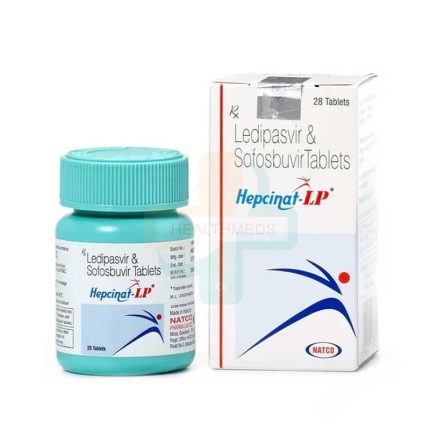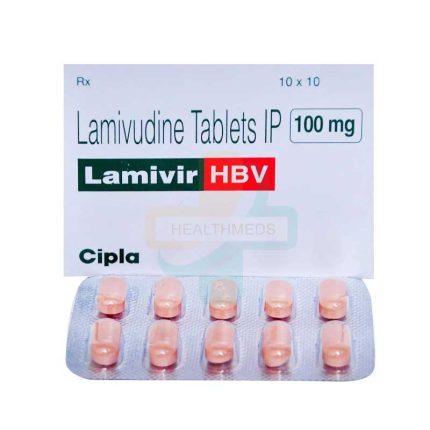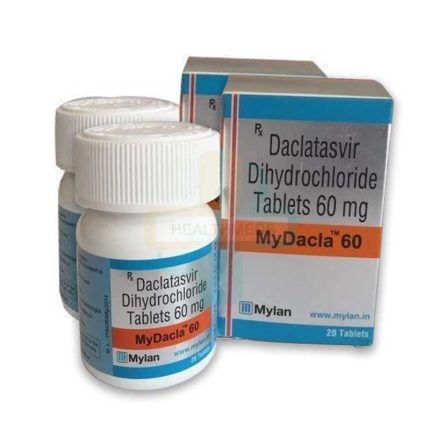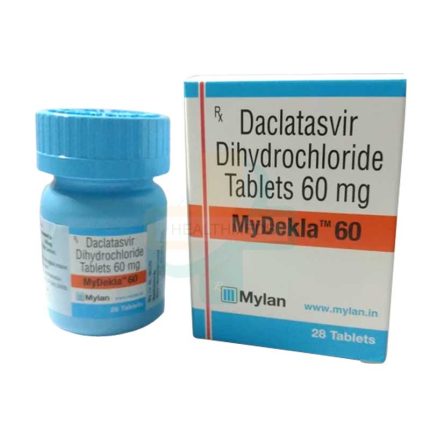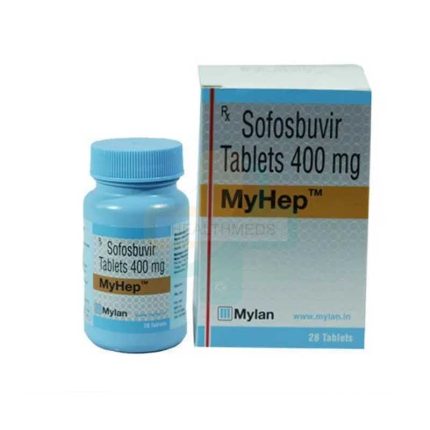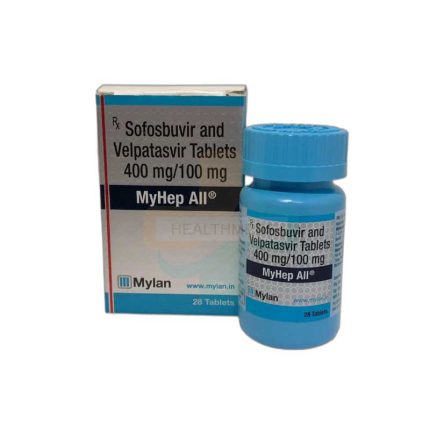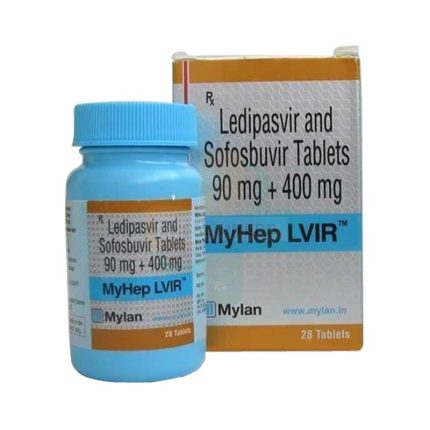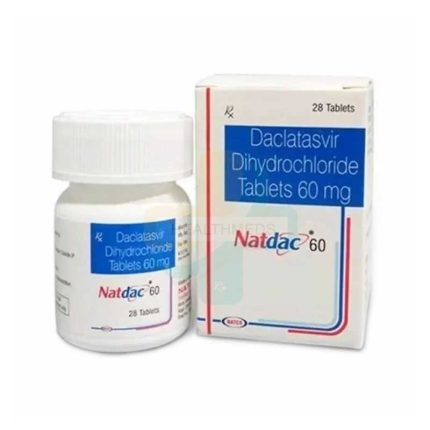Showing 1–9 of 14 results
Are you feeling under the weather and suspect a viral contamination is probably accountable? Viruses are tiny however robust pathogens that could wreak havoc on your body. In this complete guide, we can dive into the sector of viral infections, exploring what they are, how they unfold, and most importantly, how to triumph over them.
What is a virus and how is it harmful to the body?
Viruses aren’t your standard living organisms they straddle the road between existence and non-lifestyles. These tiny entities encompass genetic fabric encased in a protein coat, missing the capacity to reproduce independently.
The dangerous nature of viruses lies in their potential to disrupt everyday cellular features and stay away from the immune machine’s defences. By focusing on precise cells inside the body, viruses can cause signs from slight colds to extreme respiration infections or even organ failure.
Unlike microorganisms that reply to antibiotics, treating viral infections can be harder on account that antiviral medications are limited in variety and effectiveness. This makes prevention via vaccination essential in fighting viral illnesses and shielding public health.
What are Viral Infections?
Have you ever been puzzled about what exactly viral infections are and how they have an effect on our bodies? Well, allows uncover this thriller collectively.
Viral infections are caused by tiny organisms called viruses that invade the body’s cells, hijacking their equipment to duplicate and unfold. These viruses can target extraordinary organs and structures, main to a huge variety of symptoms and headaches.
There are various varieties of viral infections, which include the commonplace cold, flu, hepatitis, HIV/AIDS, and COVID-19. Each kind affords specific demanding situations for prognosis and remedy.
The transmission of viral infections happens through direct touch with inflamed individuals or surfaces contaminated with the virus. This makes prevention essential in preventing the unfold of these illnesses.
Symptoms of viral infections can range from moderate to severe and may include fever, coughing, fatigue, sore throat, diarrhea, or respiration problems. Diagnosis commonly includes laboratory checks to become aware of the unique virus causing the contamination.
Different forms of viral infections
From the uniquely cold kinds of viruses, for example, HIV and Ebola, to diseases that can be more severe, viruses can affect us in a variety of ways.
Influenza with the respiratory tract and anaemia of the airways mostly affect the respiratory tract. This virus is commonly transmitted by droplets during such coughing or sneezing but the most important signs and symptoms associated with this disease include vomiting, diarrhea, and sore throat
Some stomach viruses like norovirus and rotavirus attack the stomach or intestines causing symptoms such as vomiting, abdominal pain, and diarrhea. These viruses get transmitted from contaminated food and water.
Viral sores, warts or conditions such as herpes simplex virus (HSV) can produce painful bumps or blisters on the skin or skin tissue tissues. Generally, it is transmitted through the skin or body fluids in a container that the vector carries.
Learning the surface pathogens requires healthy transmission and appearance for immediate treatment from suitable healthcare centres when needed. Sensitize yourself concerning how a virus presents itself and how you can prevent it.
How do Viral Infections Spread?
Viral infections spread through numerous means, typically whilst someone comes into touch with the virus. One not unusual approach of transmission is through breathing droplets produced whilst an infected person coughs or sneezes. These droplets can land in the mouths or noses of human beings nearby, main to infection.
Additionally, touching surfaces infected with the virus and touching one’s face can facilitate its unfolding. Viruses like influenza and the cold are notorious for the way they can be transmitted in this manner.
In some instances, viral infections also can be sexually transmitted or handed from mother to toddler all through delivery. It’s crucial to practice exact hygiene behaviour which includes washing hands frequently and heading off close touch with unwell individuals to lessen the risk of spreading viral infections.
By expertise in how these viruses unfold, we can take proactive measures to protect ourselves and others from becoming infected.
Symptoms and Ways to Diagnosis of Viral Infections
When it involves viral infections, expertise in the signs and strategies of prognosis is essential for a well-timed remedy. Viruses can appear in various body approaches, leading to several signs together with fever, fatigue, coughing, sneezing, sore throat, and body aches. These signs and symptoms can vary depending on the kind of virus inflicting the contamination.
Diagnosing viral infections often involves an aggregate of physical examinations and laboratory assessments. Doctors can also behaviour blood assessments or swabs from the throat or nose to discover the precise virus accountable for the contamination. In a few cases, imaging studies like chest X-rays can be important to evaluate any headaches.
Early detection is prime in effectively handling viral infections. If you revel in persistent or intense signs and symptoms which are indicative of a viral contamination, are looking for clinical interest right away. Remember that self-diagnosis may be unstable – usually consult healthcare experts for a correct evaluation and suitable remedy plan tailored for your condition.
Treatment Options
As we have explored the world of viral infections, it’s far essential to recognize the diverse remedy alternatives to be had. When going through viral contamination, consulting with a healthcare expert is paramount to receive proper steerage on suitable medications or natural remedies.
Various forms of antiviral medications are applied to combat the considerable array of viral infections that afflict individuals internationally. These antiviral goal-specific viruses, including influenza, herpes simplex virus, or HIV, inhibit their capability to duplicate and spread inside the body.
For example, nucleoside analogues like acyclovir are effective in treating herpes infections by way of disrupting viral DNA synthesis. Protease inhibitors like ritonavir paint with the aid of blocking off an enzyme essential for HIV replication.
Additionally, neuraminidase inhibitors which include oseltamivir are generally prescribed to relieve signs and reduce the length of influenza infections. Each elegance of antiviral medicine serves a unique motive in combating viral pathogens and performs a critical function in dealing with various viral illnesses efficaciously.
Remember, prevention is always higher than remedy on the subject of viral infections. Practicing suitable hygiene behaviour, consisting of washing fingers frequently and fending off close contact with inflamed people, can go an extended manner in protecting yourself from contracting viruses.


